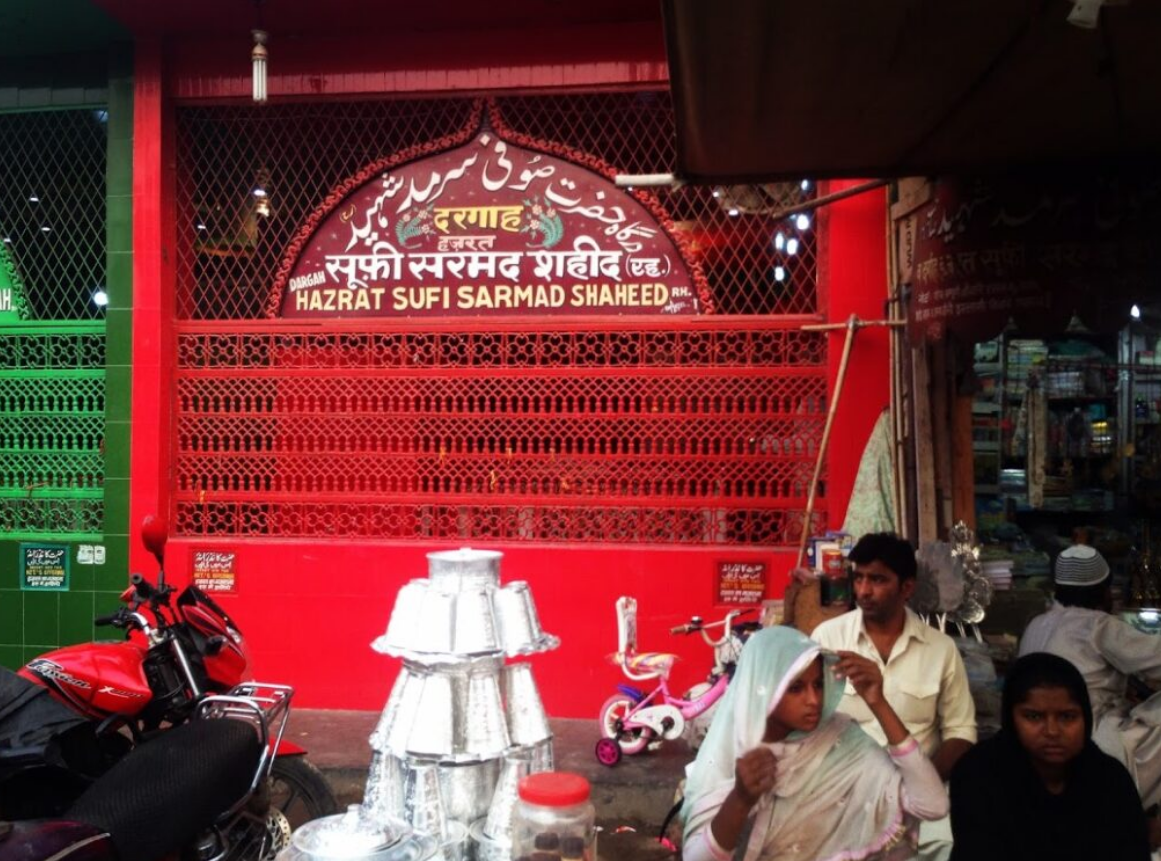Delhi's ancient monuments tell more than tales of emperors and battles. These historic sites preserve powerful stories of love, identity, and acceptance that mainstream history often overlooks. Across the capital city, tombs, mosques, and shrines stand as quiet witnesses to India's rich tradition of recognising diverse gender and sexual identities.
These monuments challenge the modern misconception that LGBTQ+ identities are foreign concepts in Indian culture. Instead, they reveal how same-sex relationships, gender diversity, and different forms of spirituality were woven into the fabric of Indian society centuries before colonial laws made these expressions of human love and identity illegal.
Delhi Monuments Celebrating India’s LGBTQ+ Past
Five historic Delhi monuments that reflect India’s overlooked LGBTQ+ heritage, from Sufi shrines of same-sex love to sites that honoured transgender communities in royal courts.
Jamali Kamali Tomb
Located in Mehrauli Archaeological Park, the Jamali Kamali Tomb is widely recognised as one of Delhi’s key queer heritage sites. It houses the remains of Sufi poet Jamali and his companion Kamali, buried side by side in an intimate resting place. Though the exact nature of their relationship remains undocumented, many scholars and queer activists interpret their closeness, poetry, and shared tomb as evidence of a deep, possibly romantic bond.
View this post on Instagram
According to historian Saleem Kidwai, "Jamali and Kamali’s joint burial is symbolic of their spiritual and emotional union." Their story continues to resonate with those seeking a link between spirituality and queer identity.
Nizamuddin Dargah
In the heart of the city lies the Dargah of Hazrat Nizamuddin Auliya, a revered Sufi saint. Next to him rests Amir Khusro, his disciple and beloved companion. Their relationship, celebrated in poetry and song, is often seen as transcending traditional boundaries.
View this post on Instagram
The South Asian Sufi tradition, which places high value on spiritual love, has preserved its connection for centuries. For many in the LGBTQ+ community, this shrine offers spiritual validation and a sense of historical continuity.
Hijron Ki Khanqah
The Hijron Ki Khanqah, tucked away in Mehrauli, dates back to the 15th century. Built as a religious and social sanctuary, this site was dedicated to the hijra community, transgender individuals who once held important roles in royal courts as caretakers, advisors, and spiritual figures.
View this post on Instagram
Even today, the khanqah remains a place of reverence for hijras, who continue to visit, pray, and connect with their heritage. The site is a rare and powerful reminder of a time when gender-diverse people were respected and visible in society.
Sunehri Masjid
Standing in Chandni Chowk, the Sunehri Masjid was constructed in 1721 by Javed Khan, a khwaja sara (a term historically used for eunuchs and gender-nonconforming courtiers) who held high status in the Mughal court. The mosque is not just a place of worship but a marker of political and cultural agency for gender-diverse individuals in Mughal India.
View this post on Instagram
Javed Khan’s legacy shows how Khwaja saras once exercised influence, commanded respect, and contributed significantly to Delhi’s cultural fabric.
Tomb of Sarmad
Near the Jama Masjid, the simple grave of Sarmad Kashani holds one of Delhi’s most powerful queer stories. A 17th-century mystic and poet, Sarmad, openly loved a Hindu boy and rejected religious orthodoxy. His refusal to conform led to his execution in 1661 under Emperor Aurangzeb.
Despite his fate, Sarmad’s tomb stands as a site of queer resistance and spiritual defiance. His poetry, often censored, speaks of love in its most honest form, unbound by gender, religion, or rule.
These monuments show that India’s queer past wasn’t erased, it was simply ignored. As activists, researchers, and storytellers revisit these spaces, a richer, more inclusive history of Delhi comes to light.
Don't Miss:Pride Month 2025: Indian Queer Films You Shouldn't Miss
Keep reading Herzindagi for more such stories.

Take charge of your wellness journey—download the HerZindagi app for daily updates on fitness, beauty, and a healthy lifestyle!

Comments
All Comments (0)
Join the conversation